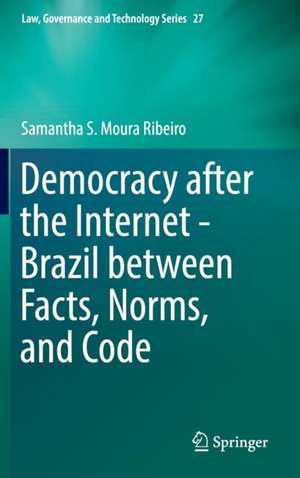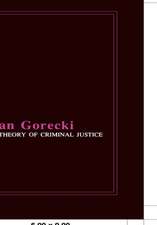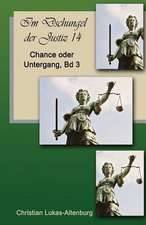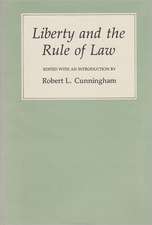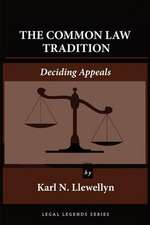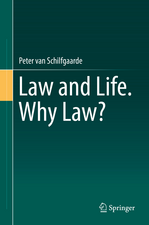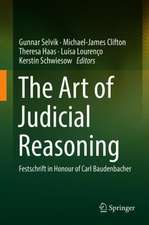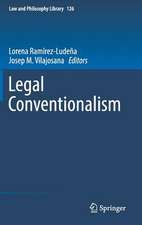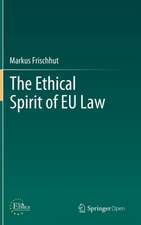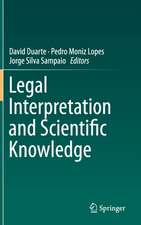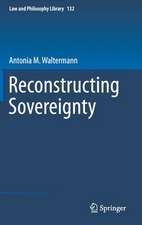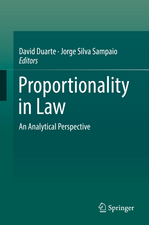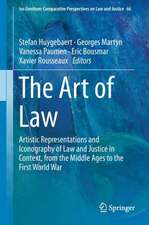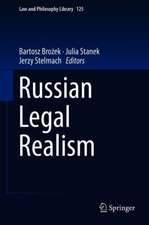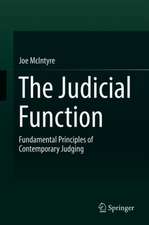Democracy after the Internet - Brazil between Facts, Norms, and Code: Law, Governance and Technology Series, cartea 27
Autor Samantha S. Moura Ribeiroen Limba Engleză Hardback – 25 aug 2016
| Toate formatele și edițiile | Preț | Express |
|---|---|---|
| Paperback (1) | 637.59 lei 6-8 săpt. | |
| Springer International Publishing – 12 iun 2018 | 637.59 lei 6-8 săpt. | |
| Hardback (1) | 643.84 lei 6-8 săpt. | |
| Springer International Publishing – 25 aug 2016 | 643.84 lei 6-8 săpt. |
Din seria Law, Governance and Technology Series
- 18%
 Preț: 950.33 lei
Preț: 950.33 lei - 24%
 Preț: 645.13 lei
Preț: 645.13 lei - 20%
 Preț: 691.10 lei
Preț: 691.10 lei - 20%
 Preț: 574.08 lei
Preț: 574.08 lei - 20%
 Preț: 879.83 lei
Preț: 879.83 lei - 20%
 Preț: 878.78 lei
Preț: 878.78 lei - 15%
 Preț: 720.23 lei
Preț: 720.23 lei - 18%
 Preț: 1122.56 lei
Preț: 1122.56 lei - 18%
 Preț: 1130.27 lei
Preț: 1130.27 lei - 15%
 Preț: 642.83 lei
Preț: 642.83 lei - 18%
 Preț: 950.52 lei
Preț: 950.52 lei - 18%
 Preț: 1009.85 lei
Preț: 1009.85 lei - 18%
 Preț: 1115.14 lei
Preț: 1115.14 lei - 15%
 Preț: 653.14 lei
Preț: 653.14 lei - 18%
 Preț: 949.23 lei
Preț: 949.23 lei - 18%
 Preț: 1014.76 lei
Preț: 1014.76 lei - 15%
 Preț: 638.43 lei
Preț: 638.43 lei - 18%
 Preț: 1124.30 lei
Preț: 1124.30 lei - 18%
 Preț: 1124.60 lei
Preț: 1124.60 lei - 18%
 Preț: 999.45 lei
Preț: 999.45 lei - 18%
 Preț: 892.42 lei
Preț: 892.42 lei - 15%
 Preț: 640.37 lei
Preț: 640.37 lei - 18%
 Preț: 947.35 lei
Preț: 947.35 lei - 20%
 Preț: 340.32 lei
Preț: 340.32 lei - 18%
 Preț: 1692.20 lei
Preț: 1692.20 lei - 18%
 Preț: 954.93 lei
Preț: 954.93 lei - 24%
 Preț: 789.37 lei
Preț: 789.37 lei -
 Preț: 397.59 lei
Preț: 397.59 lei - 20%
 Preț: 876.60 lei
Preț: 876.60 lei - 20%
 Preț: 652.41 lei
Preț: 652.41 lei - 18%
 Preț: 900.49 lei
Preț: 900.49 lei - 18%
 Preț: 941.50 lei
Preț: 941.50 lei -
 Preț: 392.97 lei
Preț: 392.97 lei
Preț: 643.84 lei
Preț vechi: 757.46 lei
-15% Nou
Puncte Express: 966
Preț estimativ în valută:
123.21€ • 133.79$ • 103.50£
123.21€ • 133.79$ • 103.50£
Carte tipărită la comandă
Livrare economică 23 aprilie-07 mai
Preluare comenzi: 021 569.72.76
Specificații
ISBN-13: 9783319335926
ISBN-10: 3319335928
Pagini: 228
Ilustrații: XV, 223 p.
Dimensiuni: 155 x 235 x 14 mm
Greutate: 0.51 kg
Ediția:1st ed. 2016
Editura: Springer International Publishing
Colecția Springer
Seria Law, Governance and Technology Series
Locul publicării:Cham, Switzerland
ISBN-10: 3319335928
Pagini: 228
Ilustrații: XV, 223 p.
Dimensiuni: 155 x 235 x 14 mm
Greutate: 0.51 kg
Ediția:1st ed. 2016
Editura: Springer International Publishing
Colecția Springer
Seria Law, Governance and Technology Series
Locul publicării:Cham, Switzerland
Cuprins
Introduction.- Part I: Internet, Democracy, and Brazil.- 1. Contextualizing What Changes.- 2. The Theoretical Framework: An Excursus.- 3. The Brazilian Constitutional State.- Part II: The Virtualized Constitutional Democracy in Brazil.- 4. Brazil Accessing the Internet: First Steps.- 5. The Map of Online Brazil.- 6. Online Empowerment: Building Self-Esteem, Recognition and Citizenship.- 7. Legitimacy.- 8. Internet Regulation in Brazil: Legal Tools and Proposals.- 9. Bridging Empowerment and Legitimacy.- Closing Remarks: Legitimacy from Legality to Code and Back.
Notă biografică
Dr. Samantha S. Moura Ribeiro is an Assistant Professor at the Pontifical Catholic University of Rio de Janeiro (PUC-Rio), and a member of the Centre for Constitutional Studies NEC/PUC-Rio. She holds a Ph.D. and an M.Res from the European University Institute (EUI), Florence. She also holds a Master degree in State Theory and Constitutional Law, from PUC-Rio. She is a socio-legal scholar whose main research focuses on the guarantee of fundamental rights online, with a particular interest in discursive empowerment and legitimacy.
Textul de pe ultima copertă
This book throws new light on the way in which the Internet impacts on democracy. Based on Jürgen Habermas’ discourse-theoretical reconstruction of democracy, it examines one of the world’s largest, most diverse but also most unequal democracies, Brazil, in terms of the broad social and legal effects the internet has had. Focusing on the Brazilian constitutional evolution, the book examines how the Internet might impact on the legitimacy of a democratic order and if, and how, it might yield opportunities for democratic empowerment. The book also assesses the ways in which law, as an institution and a system, reacts to the changes and challenges brought about by the Internet: the ways in which law may retain its strength as an integrative force, avoiding a ‘virtual’ legitimacy crisis.
Caracteristici
Sheds new light on the interaction between democracy and the Internet Links Habermas’s theory discourse theory of democracy and the constitutional evolution of Brazil Provides a well documented and updated presentation of the pioneer Brazilian Internet Bill of Rights Deepens our understanding of how the Internet influences democracy
